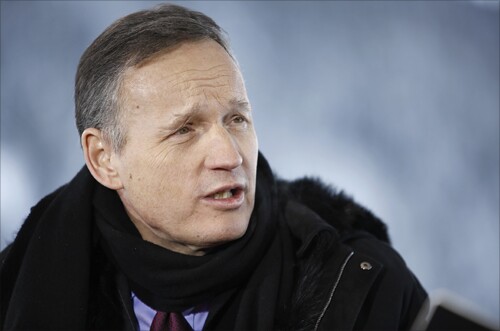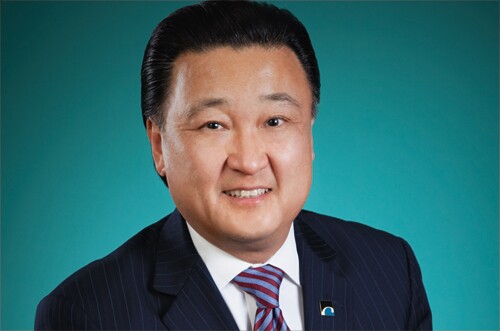

Prepaid Card Issuers

Antony Jenkins, Barclays

Energy Lenders (Again)

Regional Banks

C.G. Kum, Hanmi Financial

Jay Bray, Nationstar Mortgage Holdings

Mariner Kemper, UMB Financial

Santander Consumer

Organizers of Fourth Corner Credit Union












As AI and digital assets become mainstream, banks are spotting new opportunities to integrate payments with other activities.
House Republicans overcame internal divisions to narrowly pass President Trump's tax and spending package Thursday afternoon. The measure would cut the Consumer Financial Protection Bureau's funding level, among other provisions.
A new partnership with Google Cloud will let the Spanish bank offer Gemini to all staff after a successful ChatGPT deployment.
Atlanta-based CoastalSouth's initial public offering prices at $21.50 a share; Valley National Bancorp announces Lyndsey Sloan will succeed Gary Michael as general counsel; Webster Financial Corporation taps a new chief risk officer and appoints a new board member; and more in this week's banking news roundup.
Capital One closed the deal to buy the credit card provider in May and as part of the review process, decided to exit its home equity lending business.
In a rare move for a credit union, the Seattle institution has snapped up the 13-member team that created EarnUp's AI Advisor product.